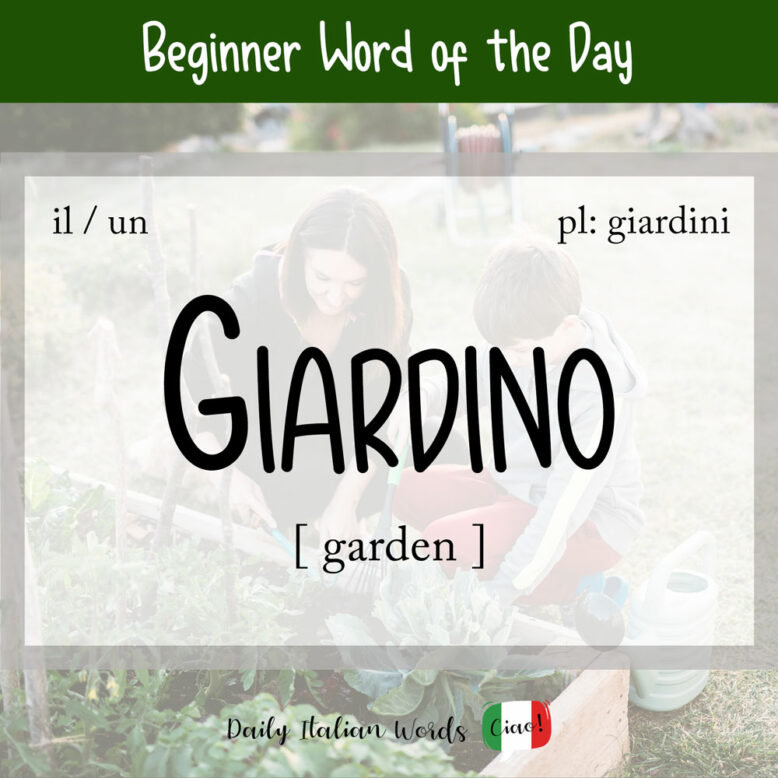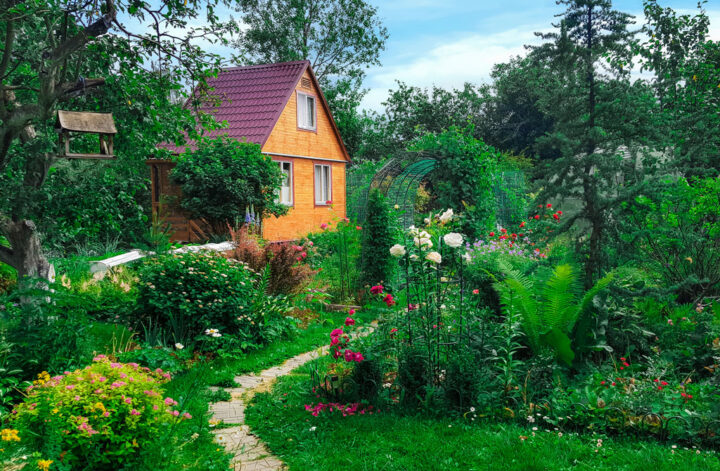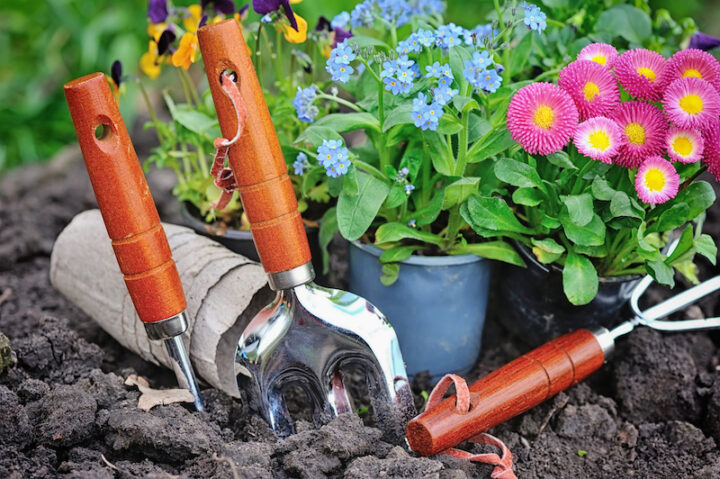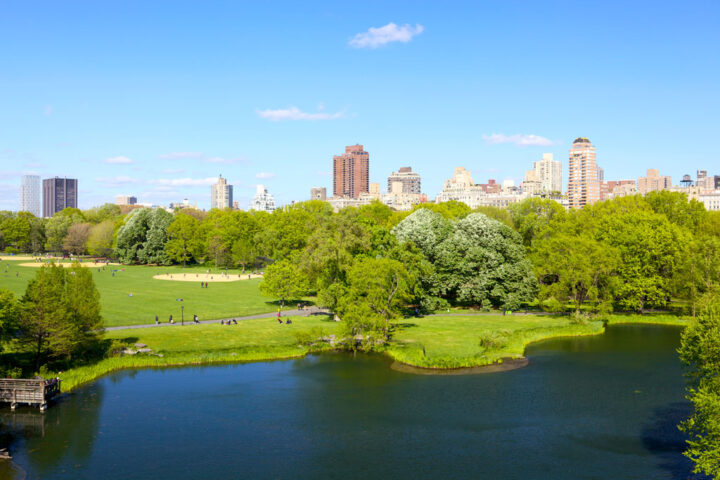The word for garden in Italian is giardino (masculine, plural: giardini). Both come from the French jardin which in turn derives from the Germanic gart or garto.
giardino
garden

Giardino can refer to any kind of garden, from the small variety (giardinetto) to the stately kinds that surround large houses. Some of the most popular types include:
- giardino di fiori = flower garden
- giardino botanico = botanic garden
- giardino roccioso = rock garden
- giardino pensile = hanging garden
- giardino ornamentale = ornamental garden
- giardino di erbe aromatiche = herb garden
- giardino all’inglese = English garden
- giardino zoologico = zoo (often Italians just say zoo)

La casa è circondata da un giardino immenso.
The house is surrounded by an immense garden.
The way to say to garden in Italian is fare giardinaggio (lit: to do gardening) but there are other verbs you’ll often see used alongside this word as well such as curare il giardino (to garden / take care of the garden) and lavorare in giardino (to work in the garden).

Two other possible translations for giardino in English are yard, referring to the area outside of one’s house, and park. Un giardino pubblico, for example, specifically denotes a large park with paths, trees, plants, animals, benches and a playground for children, created within the boundaries of a city for the entertainment of its inhabitants. (Keep in mind that in this sense, it is often used in the plural form giardini pubblici.)
Porto i bambini ai giardini pubblici dopo la scuola.
I’ll take the kids to the park after school.

Giardino can also function as an adjective to describe places that are surrounded by greenery such as a garden city (città giardino), the word for a self-contained residential community designed with lots of open green spaces.
A giardiniere is the generic word for a gardener whereas giardiniera, in addition to meaning female gardener, can also translate as pickled vegetables or jardiniere, an ornamental pot or stand for the display of growing plants.
Figuratively speaking, giardino may be used to describe a country that is fertile, verdant and pleasant.
L’Italia è il giardino d’Europa.
Italy is the garden of Europe.
Heather Broster is a graduate with honours in linguistics from the University of Western Ontario. She is an aspiring polyglot, proficient in English and Italian, as well as Japanese, Welsh, and French to varying degrees of fluency. Originally from Toronto, Heather has resided in various countries, notably Italy for a period of six years. Her primary focus lies in the fields of language acquisition, education, and bilingual instruction.


